Out And About On Your Devon Farms Holiday
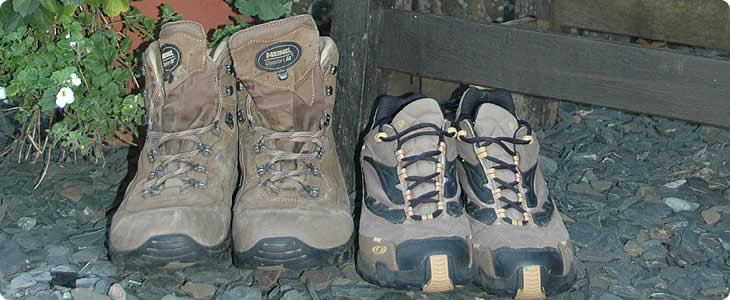
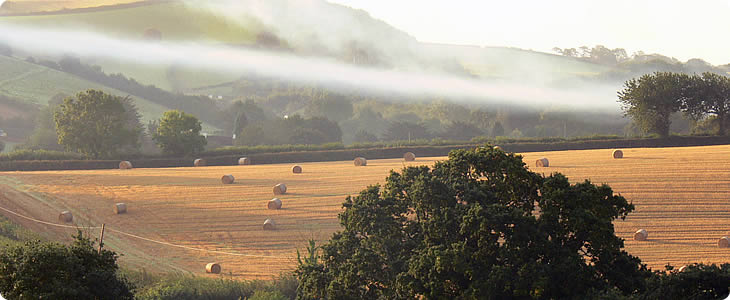
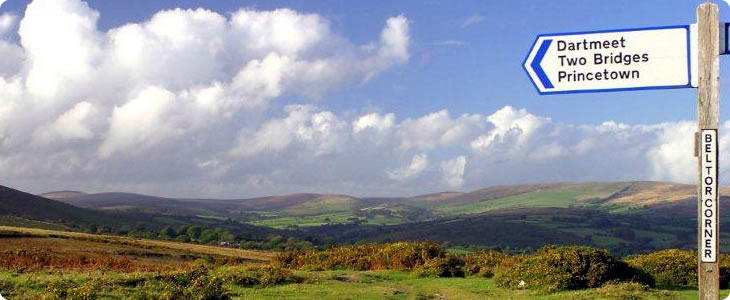
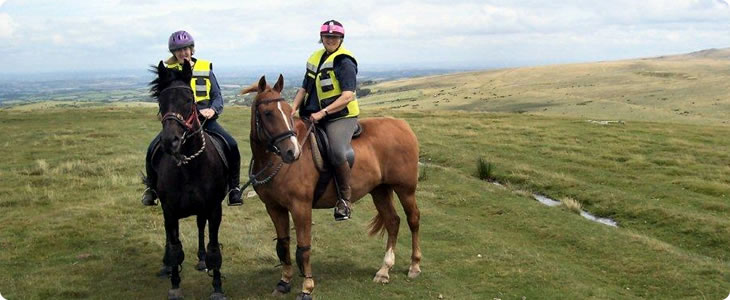
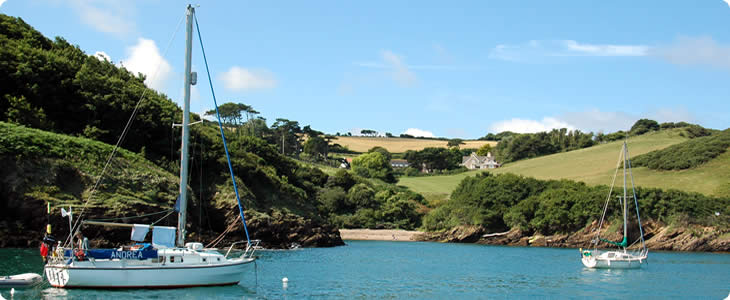
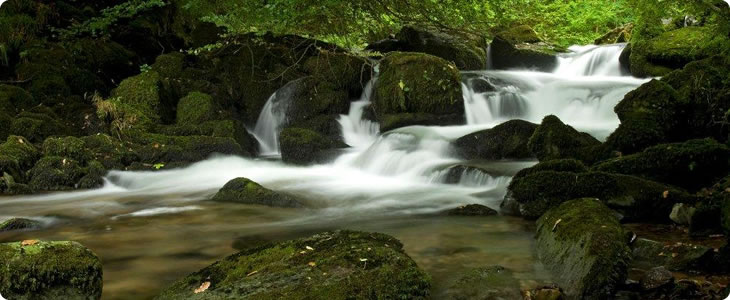
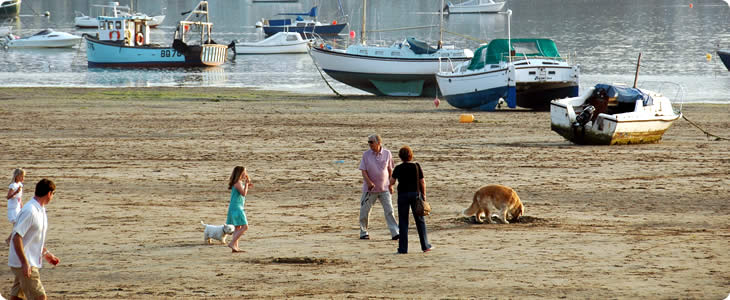
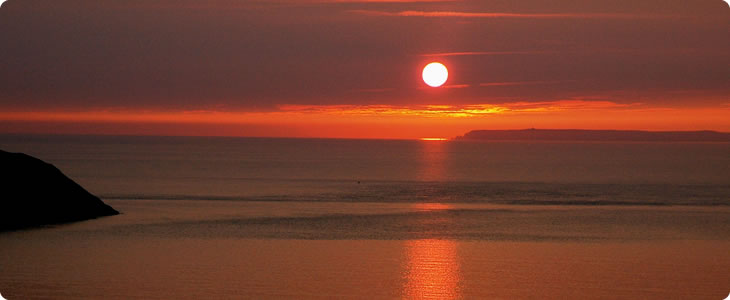
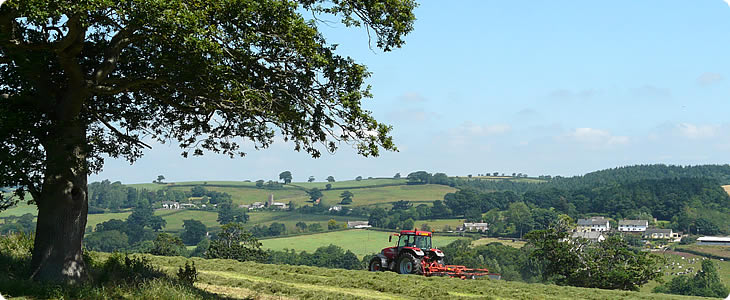
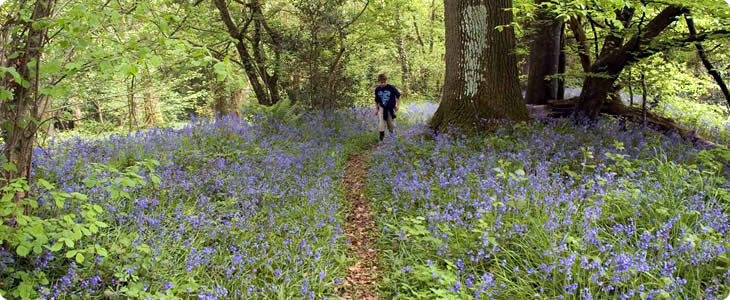
Devon is the second largest county in England, unique amongst other counties in the amazing variety of scenery it has to offer between its two very different coastlines. Common throughout Devon though, is a tradition of high quality local produce - providing visitors and residents alike with a wonderful array of Devon-grown foods, from delicious Ruby Red Devon beef to prize-winning white wines. Busy market towns thrive across the length and breadth of the county and the new Farmers Markets are now an exciting addition in many towns and villages. To get the best from a stay in Devon, it may be useful to look a little closer at the different regions within the county.
North Devon
Exmoor and the North Devon coast are the main attractions of this relatively unpopulated area of Devon. To the east is Exmoor with its heather moors and oak-wooded valley, including the spectacular cliffs where Exmoor seems to literally tumble into the sea. Any visit here must include a stop at the clifftop town of Lynton to enjoy its breathtaking coastal views and experience the cliff railway that drops almost vertically down to Lynmouth. Further west you can find miles of flat sandy beaches at Woolacombe and Croyde, while further west still is Braunton Burrows, a unique area of sand dunes supporting a tremendous variety of wild flowers and grasses. Several of these North Devon beaches are popular for surfing and other water sports, while further inland the countryside provides excellent opportunities for walking or riding. The Tarka trail is the best known of these, and there are plenty of places to hire bicycles so as to take advantage of the well organised cycle routes. The main town, Barnstaple, draws all these threads together and is not only a vibrant market town but also has a fascinating maritime history.
East & West Devon
Often described as the rural heart of Devon, this sparsely populated area is found between Dartmoor and Exmoor, stretching far enough south to encompass the beautiful cathedral City of Exeter. It is a land of small picturesque villages tucked away between rolling hills and wooded valleys. Here you can still find that unique pattern of patchwork fields, once common across much of England. Exeter is a special attraction in its own right, with its history going back to the time of the Romans. Other main towns include Tiverton, on the River Exe, with its castle and museum of local history, and Crediton, where the ancient church of St Boniface can be found. There are two excellent National Trust country houses, Killerton and Knightshayes, with extensive gardens to explore and, for the children there is Diggerland, Quad World and Crealy Adventure Park. For those visitors who regularly stay in East & West Devon, perhaps its biggest attraction is the fact that it is not such a busy tourist area, so they can be sure of peace and quiet wherever they are staying - yet be on Exmoor, Dartmoor or either coast in under an hour. The coastline of South East Devon now has a World Heritage status and is known as the Jurassic Coast, relating to the period in history when the low multicoloured cliffs were formed. It is an outstandingly picturesque coastline with long sandy beaches broken up by low hills running down to the sea. Every so often the coast gives way to small bays or coves around which have grown up numerous fishing villages. One such is Beer, renowned for its fishing boats selling freshly caught fish direct to visitors. Inland can be found some of the best examples of Devonshire's thatched villages, such as Gittisham and Broadhembury. The main town is Honiton, once famous for its fine lace production and this can still be admired in the town's museum. Axminster is another well known town giving its name to the high quality wool carpets made from local wool. The countryside provides both an attractive farming landscape and large areas of heathland, such as Woodbury Common, internationally recognised for its heathland butterflies and flora. The Blackdown Hills are aptly described by their Area of Outstanding Natural Beauty status. Out of season the region is well worth a visit to see and why not join in the autumn illuminated carnivals that so many South East Devon towns and villages run?
South Devon
The coast of South Devon is one of contrasts. At the east end are the traditional seaside resorts of Torquay and Paignton, providing everything necessary to give you the perfect traditional seaside holiday, while further west is Dartmouth, famous for its August Regatta and links with naval history. On from there are the beautiful beaches of Slapton, Thurlestone, Bantham and Bigbury and the unspoilt natural beauty of the high cliffs and hidden coves of the Kingsbridge, Avon, Erme and Yealm estuaries. The yachting havens and marinas of Salcombe, Noss Mayo/Newton Ferrers and the amazing Plymouth Sound are a must to see. Finally Plymouth is reached, where maritime associations abound. From here Sir Frances Drake set off in the Golden Hind to sail round the world, and the Pilgrim Fathers began their epic voyage on the Mayflower. A special attraction is the National Marine Aquarium, unique in its approach of charting aquatic life from small streams through to the ocean deeps. Inland are the rolling hills and fertile valleys of the South Hams, with the characteristic fertile red Devon soil showing up vividly wherever land is being prepared for planting. The indigenous South Devon breed of cattle still feature widely on many farms. A major attraction is the many small villages nestling between the hills. Dartmoor National Park dominates the views to the north and is easily accessible to visitors staying in South Devon - providing a stark contrast with its heather-covered moors and exposed tors.
Top Attractions in Devon
All year round, Devon's Top Attractions provide the most interesting and exciting variety of activities for all the family to enjoy - from cliff top railways to mysterious castles, animal adventures to prehistoric caves and glorious gardens. Just click on the following link to see what is available - www.lotstodo.co.uk




